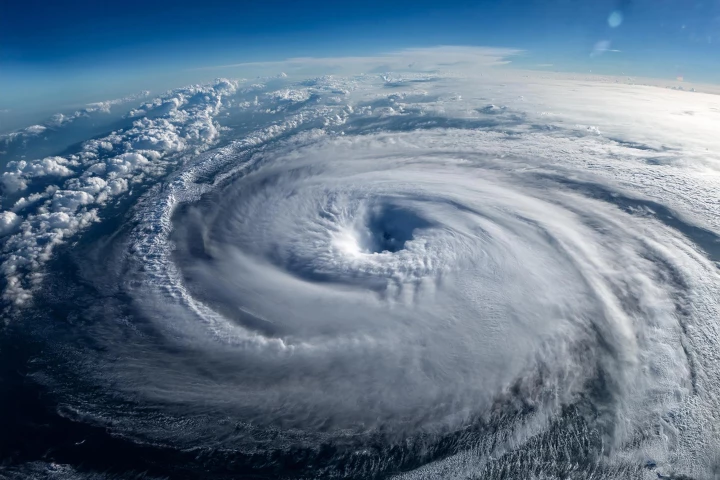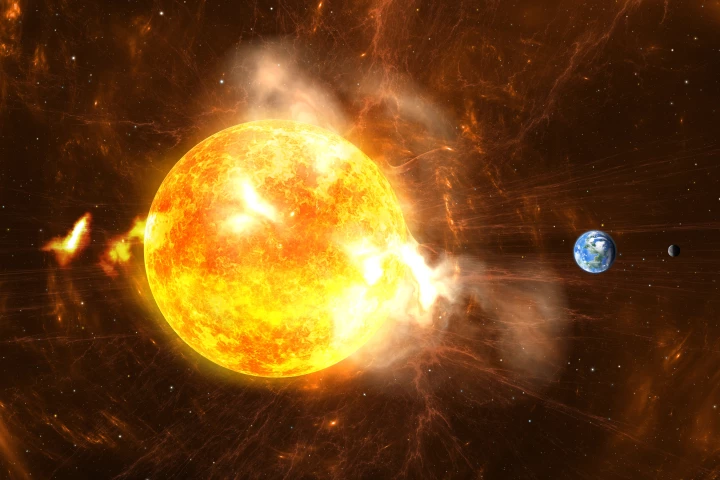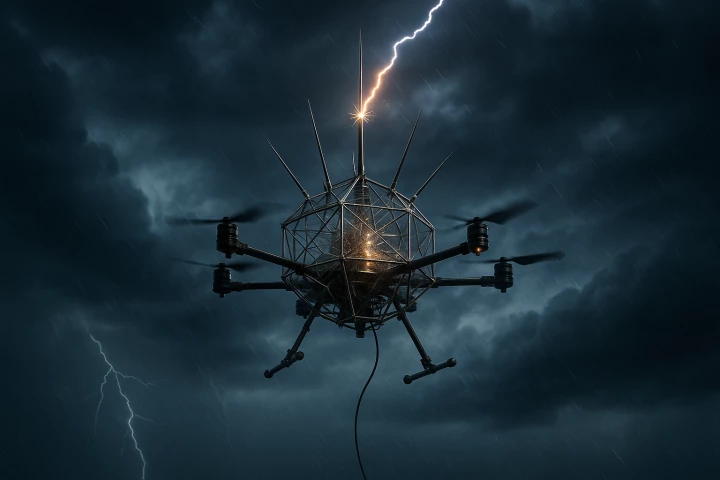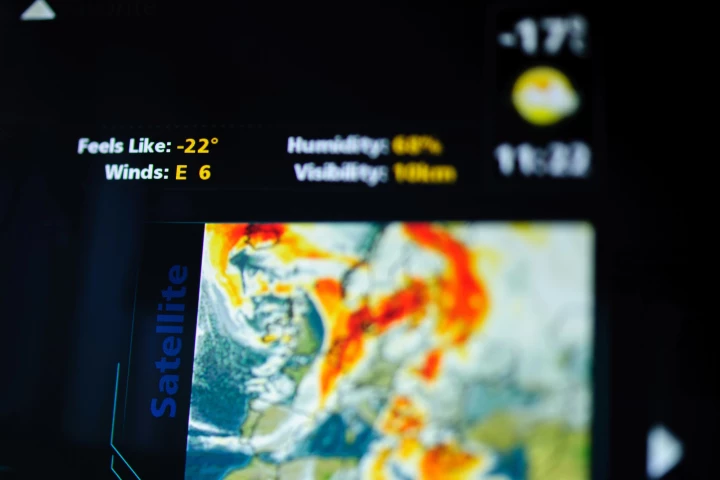Weather
-
There have been some wildly ambitious schemes to knock the power out of hurricanes over the years. Now, scientists believe they have come up with a way to successfully subdue these destructive storms, long before they have a chance to reach land.
-
A study has uncovered evidence of an extreme ancient solar storm that struck Earth over 14,000 years ago making it the most powerful solar particle storm on record, exceeding the infamous 775 CE storm that was long considered the strongest.
-
The construction work currently underway in Saudi Arabia is unprecedented, with buildings like the Line transforming the desert landscape. Now an expert has suggested that the scale of work is so massive, it could even alter weather patterns.
-
Each year lightning kills hundreds of millions of trees worldwide, leaving behind scorched trunks and shattered branches, but one species of tropical tree in Panama has turned this destructive force of nature to their advantage.
-
In a world first, Japanese researchers flew a lightning-proof drone in a thunderstorm, using it to induce and direct natural lightning strikes. The team is now working on how this flying lightning rod might capture and store lightning energy.
-
A climatic mystery about a year that gave summer a deadly pass may have been solved. Using new ice core techniques, scientists have concluded that the dark, chilly year of 1831 was due to the massive eruption of a volcano north of Japan.
-
GenCast, an AI-powered weather prediction tool, can crank out 15 days of highly accurate weather forecasts in minutes. Not only will it help you dress right in the morning, but it can give valuable, life-saving warnings for extreme weather events.
-
Meteorology may not seem like an eco-unfriendly field, but it does need to clean up its act in at least one way. A new high-tech glider could help it do so, by allowing single-use weather-balloon-carried devices to be reclaimed and reused.
-
The dynamic way different-shaped snowflakes perform distinct 'dances' within clouds has been found to influence how much precipitation is likely to form. The discovery of this unique cloud choreography opens the door to precise weather forecasts.
-
One picture taken every day of the year starting September 2023 through to September 2024 provides a pretty fascinating perspective of the twilight zone transit due to the Earth's 23.5-degree axial tilt as it orbits around the Sun.
-
Thor and the Hulk may be more closely related than we thought. Thunderstorms are known to produce gamma rays in the atmosphere, but a new study has found that not only do they happen way more often than we realized, but they’re much weirder.
-
Solar eclipses don’t just look cool – they can send gravity waves rippling through Earth’s atmosphere like dropping a stone in a pond. An international team of students has measured these gravity waves for the first time.
Load More











